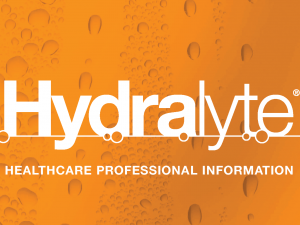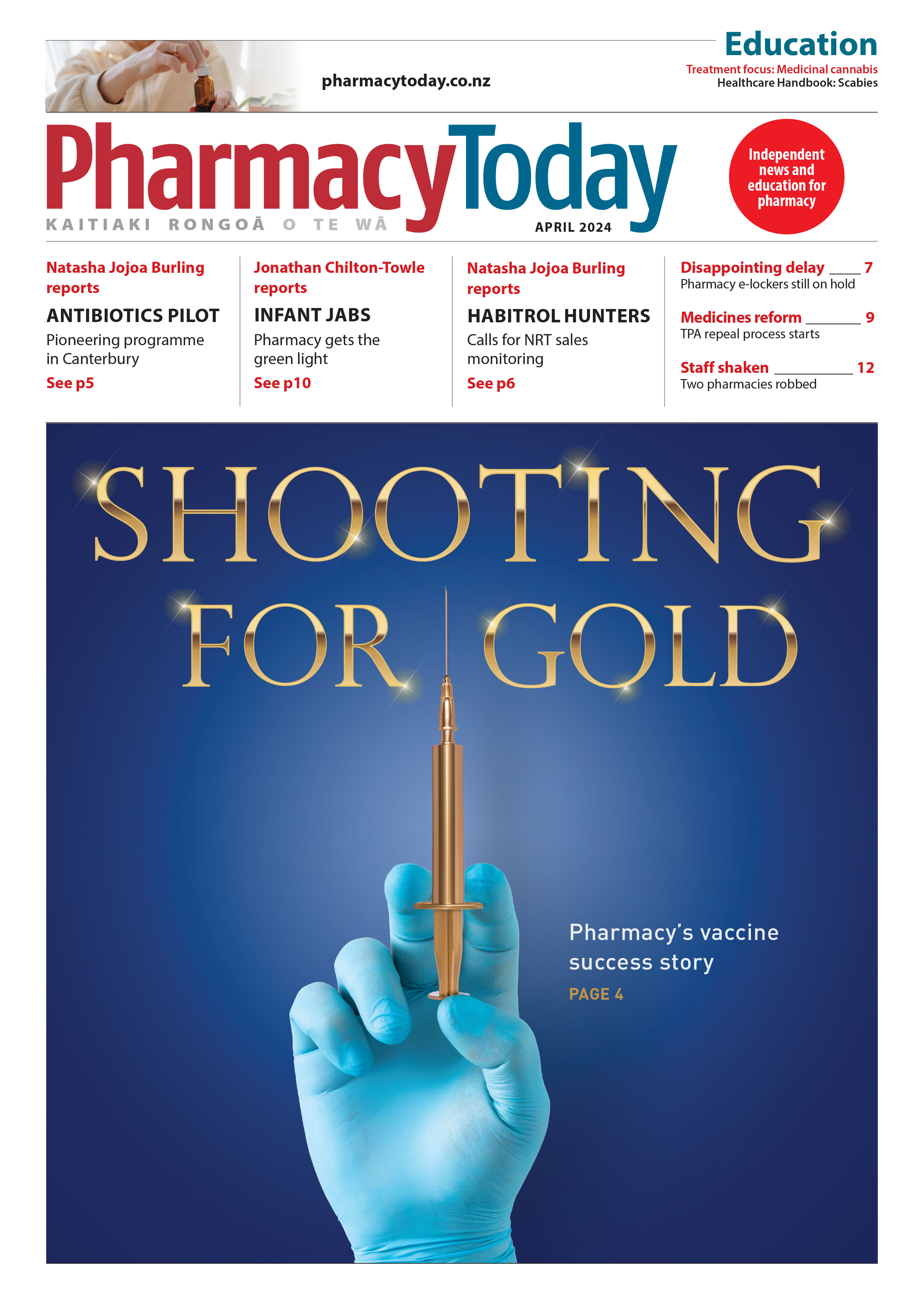In this article, Sue Frankland looks at the global problem of wastage of medications, including causes such as overprescribing and non-adherence. She also presents information from her master’s dissertation on how people understand, and respond to, medication expiration dates
New research reveals that not all olive leaf extracts are created equal - consumers are urged to always read the label
New research reveals that not all olive leaf extracts are created equal - consumers are urged to always read the label

The leaves of the olive tree have been used medicinally for more than 200 years. A variety of Olive Leaf Extract products are available both over-the-counter and for professional dispensing.
Oleuropein, heart health and immune support
Human studies on Olive Leaf Extract for blood pressure control, insulin sensitivity and respiratory infections have utilised Olive Leaf Extract preparations standardised between 51-136mg of oleuropein per day, with the studies demonstrating positive cardiovascular effects employing preparations with 100mg oleuropein or more per day.
Consumers or healthcare professionals typically select an Olive Leaf Extract product based on label specifications. However, it can be difficult to compare products or determine key quality identifiers when not all products share the same information on the pack. It can also be difficult to assess what aspects of the label and product would best identify a high quality and potent Olive Leaf Extract brand.
The study, funded by The Olive Wellness Institute, and published in Molecules, was conducted to benchmark the products available in Australia. It is the first published research to quantitively compare phytochemical profiles of both over-the-counter Olive Leaf Extract and Olive Leaf Extract dispensed by health professionals in Australia. It provides some key insights into how to best select a high quality and adequately potent Olive Leaf Extract brand.
Ten liquid Olive Leaf Extract products available on the Australian market (five over-the-counter products, and five products for professional practitioner dispensing) were analysed for oleuropein, hydroxytyrosol, oleacein, oleocanthal, total biophenols, maslinic acid, and oleanolic acid.
Fresh vs Dry leaves
Of the 10 Olive Leaf Extracts tested, only two products, both of which are available over-the-counter, provided more than 100mg oleuropein per day. Surprisingly, all of the touted higher strength practitioner-only products provided less than 51mg oleuropein per day at the maximum recommended dose. Most of the over-the-counter products used fresh olive leaves, resulting in an average 3.5 times the oleuropein level of professionally dispensed products. Fresh leaf extracts tend to be more naturally produced. Whereas dry leaf extracts require alcohol and solvents to extract the bioactive compounds.
Lead Researcher, Ian Breakspear, from Endeavour College of Natural Health, said “There was a substantial variation in the phytochemical profiles of Olive Leaf Extract products tested. Products made with fresh olive leaf were shown to have higher Oleuropein and generally lower hydroxytyrosol levels compared to extracts made from dry leaf, indicating that in the dry leaf products much of the oleuropein had broken down.”
Consumers and healthcare professionals looking to select Olive Leaf Extract with high levels of oleuropein for heart health and immune support, should opt for extracts clearly stating that they are made from fresh olive leaves.
Catherine Itsiopoulos, Adjunct Professor of Nutrition and Dietetics in the College of Science, Health, Engineering and Education at Murdoch University says, “It’s great to see gaps in complimentary medicine research being addressed. Whilst there is a plethora of studies on the health benefits of Extra Virgin Olive Oil being the mainstay of the Mediterranean diet, I commend Olive Wellness Institute and Ian Breakspear on this Olive Leaf Extract analysis which illustrates the substantial variation in phytochemical composition across different olive leaf extracts on the market and highlights the importance of utilising the appropriate dose of these ingredients when evaluating the anti-inflammatory and blood pressure lowering potential in chronic disease management.”
Over the Counter vs Professionally dispensed
This research suggests that there is considerable variation in phytochemical profiles of Olive Leaf Extract products, and that practitioner products do not necessarily have a better profile of bioactives when compared to over-the counter products. It is a great reminder for consumers to always read the label.
The study was led by Ian Breakspear, Senior Lecturer in Naturopathic Medicine at Endeavour College of Natural Health, in collaboration with Modern Olives laboratory. This research was funded by the Olive Wellness Institute.
ENDS.
More information and references can be found at the Olive Wellness Institute





